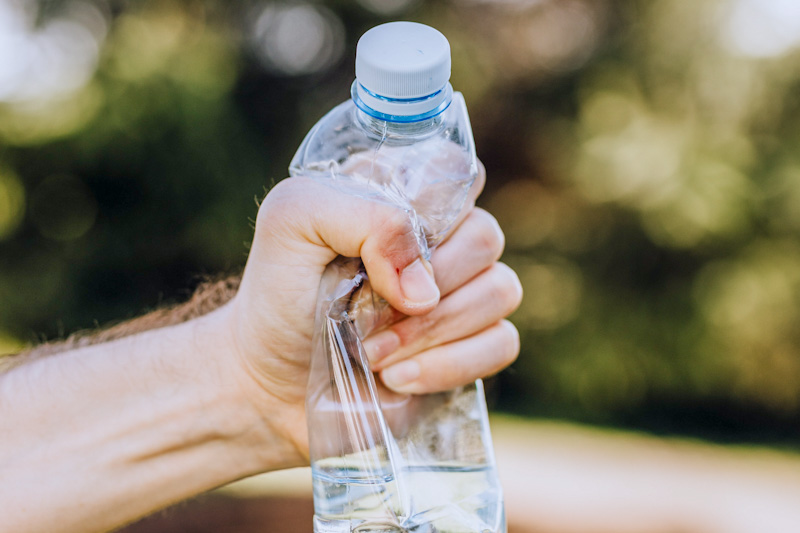Why Alcohol and Anxiety Don’t Mix
Anxiety disorders are extremely common, and alcohol can make them worse. All Sober's Dr. Paulo Negro explains how anxiety can lead to alcohol use disorder — and how people can get help

Anxiety disorders are the most widespread mental health conditions among adults in the U.S., according to the National Alliance on Mental Illness. Some 48 million people grapple with one each year. And it’s hardly news that the anxiety-prone frequently turn to alcohol for relief: Statistics indicate at least one in five people with anxiety disorders report using alcohol to cope.
But even if alcohol can make people feel more relaxed and disinhibited, it can nearly as quickly worsen feelings of stress, distress and malaise: Think of a hangover. More alarmingly, mixing alcohol and anxiety can easily lead to co-occurring alcohol use and anxiety disorders, and potentially even addiction. Dr. Paulo Negro, a medical and addiction advisor for All Sober, explains in a recent WebMD article:
“It is common that individuals prone to anxiety develop an addiction,” Dr. Paulo Negro says. “For example, someone with social anxiety may drink in social gatherings. Over time, the use of alcohol may lead to addiction in those vulnerable to the problem.”
“After a while, the addiction runs in parallel with the anxiety disorder. For example, the same individuals addicted to alcohol and with social anxiety will need treatment for both conditions. It will not be enough to treat the alcohol use disorder because they will relapse due to the anxiety, whereas the opposite is also true,” Negro explains.
According to a 2018 study published in the journal Depression and Anxiety, the comorbidity (i.e., the simultaneous presence of two or more diseases) is commonly seen between mood/anxiety disorders and substance use disorders. The reason behind these co-occurring conditions is the self-medication hypothesis, which means people suffering from mental disorders commonly misuse substances to relieve the symptoms of mental health conditions. Over time, this practice of self-medication may turn into an independent condition or addiction.
WebMD also offers tips on avoiding short-term problems like “hangover anxiety,” as well as more in-depth information on how individuals who deal with more serious cases of AUD and anxiety can be treated for both conditions effectively and concurrently.
More Help & Information
Sobriety vs. Recovery: What's the Difference?
Are the concepts themselves up for debate? Do they require certain treatments, or abstinence from everything? It's complicated! And new ways of thinking are changing the conversation.
Now Elite NFL Players, They First Tackled Addiction | News Roundup
All Sober compiles the best of the latest headlines. Here's your addiction and recovery news for the week of Feb. 19, 2024!
Help Them Help You: Explaining Your Mental Health to Your Family
Your mental health can affect — and be affected by — your loved ones. Here's how to discuss it with them so everyone can heal.
Dry January (and Beyond): The Possibilities Are Endless
There's never been a better time to go sober. Whether you're trying it out this month or already living the life, join us for some tips, ideas, inspiration — and maybe even new friends.
Sober Holiday Tips: Meeting 'Share-a-Thons'
Need to get out of the house for a bit and see some friendly sober faces? Recovery support group meeting marathons run 24/7 from Christmas Eve through New Year's Day.
What Happens After an Intervention?
Your loved one agreed to get treatment for addiction during their intervention — or not. Here's what you need to know about what comes next.
We're in This Together: Building a Healthy Sober Support Network
You are the captain of your recovery, but you don't have to do it alone. A sober support network will lift you up in tough times and celebrate your triumphs.
Real-Life Recovery Tips: Phone a Friend
When you're traveling, you can take your sober support network with you — right in your pocket. Rocker Kasim Sulton shares his top recovery tip in this video.











